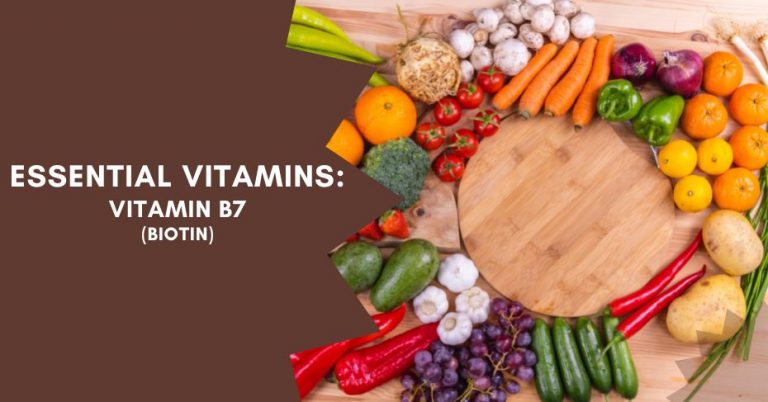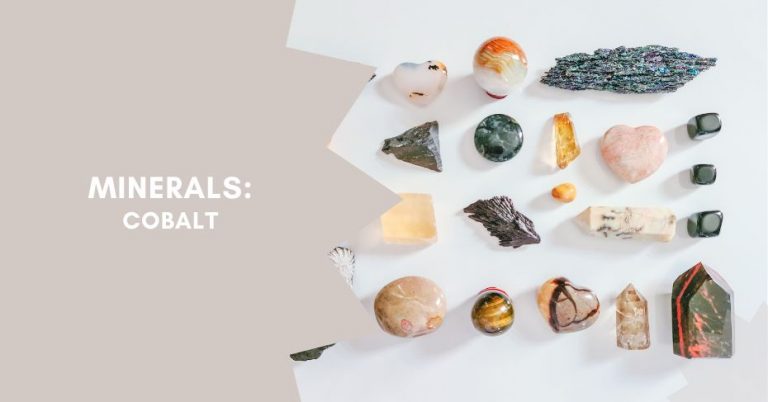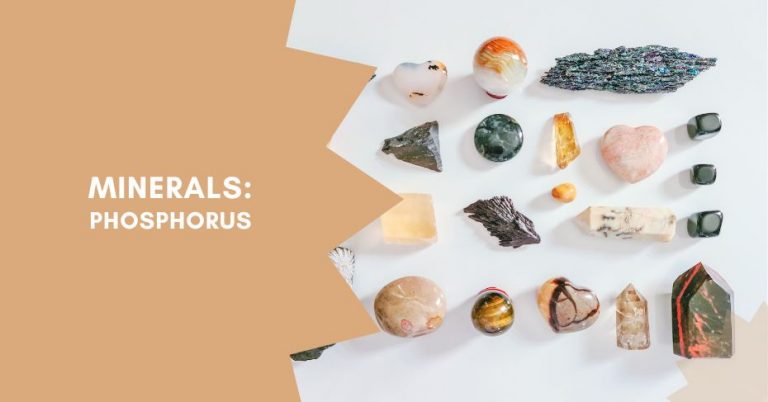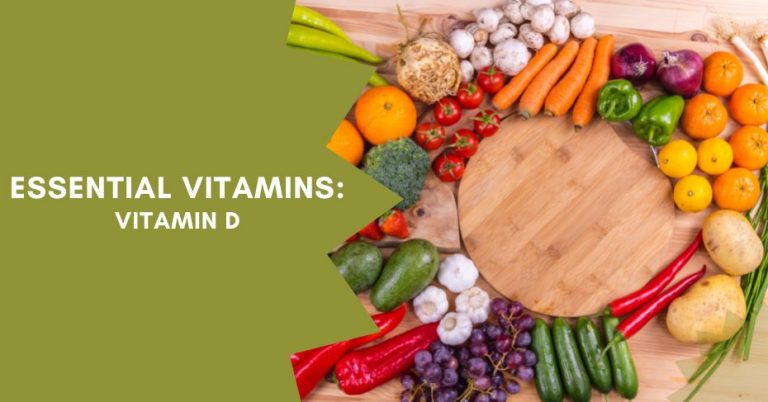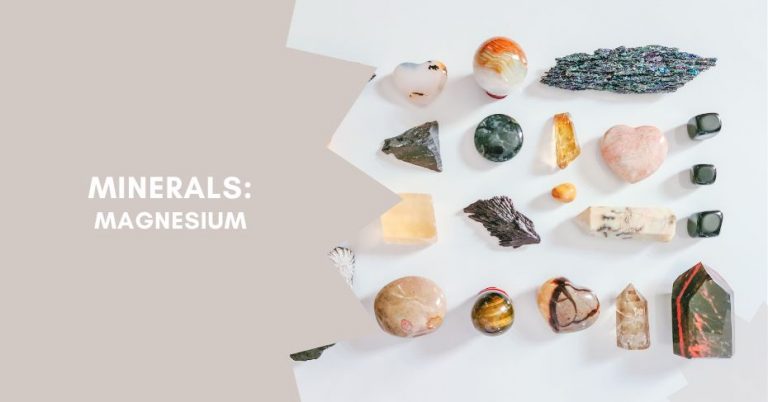Manganese is an essential trace mineral that helps the body absorb other minerals, such as calcium, phosphorus, and iron. It also plays a role in the production of enzymes that break down proteins and carbohydrates and help regulate blood sugar levels. Manganese is found in many foods, including nuts, legumes, grains, leafy greens, and some fruits. It’s important to pay attention to your manganese intake so you can maintain optimal health. Let’s take a closer look at why manganese is so important for our health and wellbeing.
What Is Manganese?
Manganese is a trace mineral found in the human body and several foods. It’s found naturally in plant foods and water, as well as some animal products such as eggs and dairy. It’s also added to certain processed foods, including breads, cereals, and snack bars. While it’s not necessary to consume large amounts of manganese for optimal health, it is important to get enough of this mineral for proper functioning of the body.
Manganese Benefits
Manganese helps the body absorb other minerals like calcium, which is crucial for strong bones and teeth; phosphorus ,which helps form strong bones; and iron , which keeps our red blood cells healthy. Moreover, it plays an important role in the production of enzymes that help break down proteins and carbohydrates. These enzymes are important for regulating blood sugar levels as well as maintaining a healthy metabolism.
Manganese also supports the functioning of the nervous system by helping create neurotransmitters , which are responsible for sending messages between nerve cells. Additionally, it plays an integral role in creating hormones such as insulin (which regulates blood sugar) and thyroid hormones (which help regulate metabolism). Finally, manganese acts as an antioxidant that protects cells from damage from free radicals .
Sources of Manganese
Manganese can be found in many foods such as nuts (especially cashews), legumes (beans), grains such as quinoa or oats, leafy greens (such as spinach or kale), pineapple, strawberries, raspberries, and more! It’s recommended to get 5 milligrams per day for adults aged 19-50 years old. To ensure you get enough manganese from your diet, try incorporating some of these foods into your meals on a daily basis. If you have difficulty getting enough manganese through food sources alone, then you should consider taking a supplement.
Manganese and Bone Health
One of the most important roles that manganese plays in our bodies is its role in bone formation and maintenance. Studies have shown that adequate dietary intake of manganese can help to reduce the risk of osteoporosis and fractures in older adults. For example, one study found that postmenopausal women who had higher levels of manganese were less likely to suffer from hip fractures than those with lower levels. This suggests that consuming enough manganese may be beneficial for maintaining healthy bones over time.
Manganese and Brain Function
Another way that manganese is beneficial for your health is its role in brain function. Manganese helps support normal neurological development and may even act as a neuroprotective agent against age-related cognitive decline or neurodegenerative diseases such as Alzheimer’s disease or Parkinson’s disease. Studies have shown that low levels of manganese are linked to poorer cognitive performance on tests measuring memory, attention span, language skills, problem solving abilities, and more.
Manganese Deficiency
Although rare, a deficiency in manganese can occur if you don’t get enough from your diet or if your body has difficulty absorbing it due to certain medical conditions or medications like antibiotics or antacids. Symptoms of a manganese deficiency include weak bones (osteopenia), muscle cramps or spasms, poor coordination, epilepsy-like seizures, fatigue, anxiety or depression, infertility or poor fertility outcomes. If you suspect you may have a deficiency in any nutrient – including manganese – it’s best to speak with your doctor about it so they can assess your case further and provide appropriate treatment if necessary.
Additional Uses for Manganese
In addition to its many health benefits, manganese has several other uses as well. For instance, it’s used in manufacturing processes such as steel production where it helps strengthen steel alloys by increasing corrosion resistance and improving heat treatment performance. In agriculture, manganese helps convert nitrogen from the soil into forms that are more accessible to plants for growth and development; it’s also added to some fertilizers to enhance nutrient availability for crops like corn and wheat. Finally, manganese is used medicinally as an adjunct therapy for iron deficiency anemia or other nutritional deficiencies when dietary intake alone isn’t enough.
Bottom Line
Manganese is an essential mineral that plays an important role in overall health—from helping regulate blood sugar levels to promoting reproductive health—and provides numerous other benefits throughout the body. This trace element can be found naturally in several plant-based foods such as nuts and legumes, but can also be taken supplementally if needed due to dietary restrictions or medical conditions that require additional supplementation beyond what’s available through diet alone. No matter how you get your daily dose of manganese—whether through food or supplements—your body will thank you!

